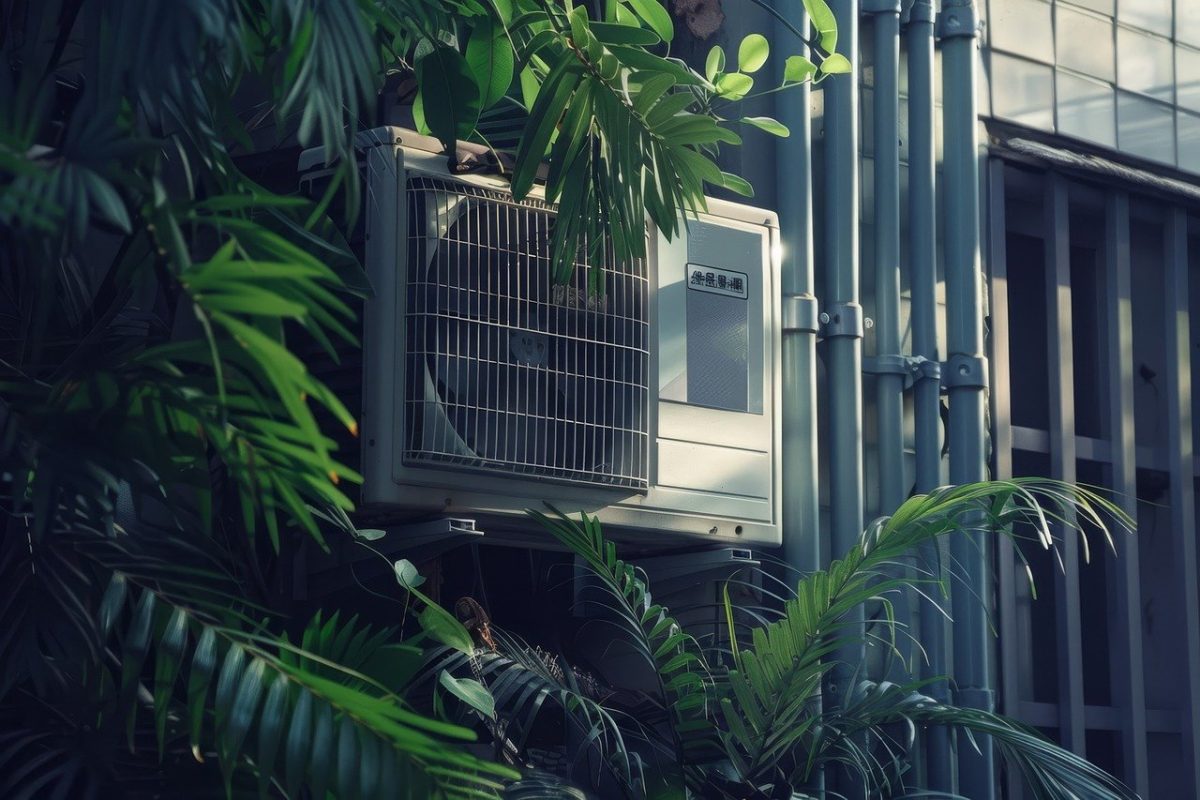Key Takeaways:
- Learn methods to improve the efficiency of your home air conditioning system.
- Discover maintenance practices that can prolong the life of your AC unit.
- Find out how to control energy usage while keeping your home cool.
Mastering home air conditioning involves implementing energy-saving techniques, such as adjusting thermostats, upkeep, and utilizing technology.
These approaches help cut down on energy expenses while ensuring an environment. Smart thermostats and energy model investments can obtain significant savings and improved convenience.
Introduction
Efficient home air conditioning is essential for a comfortable living space during hot summers. Many depend on air conditioners for relief, but few know how to optimize their performance. Utilizing trusted air conditioning services can help you understand best practices for ensuring optimal system operation.
Adopting effective strategies and adhering to maintenance schedules can significantly enhance your AC system’s efficiency and lifespan, ensuring its reliability when needed.
Routine Maintenance for Longevity
Regular maintenance is critical to maintaining the longevity and effectiveness of your air conditioning unit. Consistent checkups can prevent issues from escalating into malfunctions. When it comes to keeping your cooling system, tasks like changing air filters, checking evaporator and condenser coils, and inspecting for leaks can help prevent putting too much strain on the system.
Comparable to the U.S., the Department of Energy states that a well-maintained unit can reduce energy usage by up to 15% and increase lifespan, reducing the need for costly repairs or replacements. Furthermore, ensuring your unit is clear of obstructions and debris can improve airflow and cooling performance. Regular maintenance aids in detecting problems and addressing them before they become serious.
Tips for Improving Efficiency
Adjust Your Thermostat Thoughtfully: Keep your thermostat in a setting. Every degree you lower it can lead to an increase in energy consumption. Consider raising the thermostat during peak hours to cut down on energy costs. Utilize Ceiling Fans: Ceiling fans help distribute air throughout your space, lessening the workload on your AC unit. They can also allow you to raise the thermostat by around 4 degrees Fahrenheit without sacrificing comfort.
Close Blinds and Drapes: By keeping sunlight out of your home, you can reduce reliance on air conditioning. Install blackout curtains or use shades and reflective films on windows to minimize heat gain during daylight hours.
Avoid Engaging in Activities that Generate Heat; Refrain from using stoves, ovens, or other heat-producing appliances when temperatures peak during the day. These can raise the temperature inside your home, leading to an increased workload for your air conditioner.
The Significance of Smart Thermostats
Smart thermostats are revolutionizing how we manage climate control. These devices automatically adjust settings based on your habits and preferences, enhancing comfort and efficiency by adapting to your behavior.
They can be conveniently controlled remotely through smartphone apps, ensuring your home stays at its desired temperature without wasting energy. Smart thermostats provide insights into energy consumption patterns, helping you identify opportunities to save on heating and cooling costs. According to EnergySage, homeowners can save an average of 10 to 15 percent on these expenses.
Insulation and Sealing
Preserving Cool Air Indoor insulation and sealing is crucial for maintaining an indoor environment in hot and cold weather conditions. Insulation is a barrier to prevent heat transmission, keeping your home warmer in the winter and colder in the summer. Inspect doors, windows, and insulation regularly to check for gaps or leaks that could force your air conditioning system to operate more.
Improving your home’s insulation by adding weatherstripping around windows and doors and sealing gaps can help maintain a temperature. Additionally, insulating your walls and attic can keep heat out during seasons. In addition to feeling warmer in the winter, well-insulated homes lighten the burden on air conditioning units, lowering energy costs and creating a cozier atmosphere.
Tips for Efficient Energy Usage
- Schedule Seasonal AC Inspections: Have your air conditioning system checked before the hot season starts to detect and fix any issues, ensuring optimal performance when you need it most.
- Use Programmable Thermostats: Optimize your AC usage by programming it to run when necessary, like during peak hours or at home. Tailoring cooling settings to fit your routine helps save energy without compromising comfort.
- Prioritize Regular Maintenance: Regularly replacing air filters, cleaning evaporator and condenser coils, and promptly addressing leaks are essential for efficient cooling system operation.
- Invest in Energy-Efficient Appliances Consider upgrading to ENERGY STAR® certified air conditioners and appliances that consume energy. These eco-friendly devices save money in the run and operate more efficiently.
Alternatives to Traditional Air Conditioning
Consider exploring options beyond air conditioning methods, such as coolers, geothermal cooling systems, and improved ventilation techniques for a more environmentally friendly approach to cooling your home. Each alternative can help reduce your dependence on air conditioning units while ensuring an indoor environment.
Swamp coolers, also called evaporative coolers, use the evaporation of water to chill the air. They are more energy efficient than air conditioners. It works best in arid regions. Geothermal Cooling Systems: These systems harness the earth’s temperatures to regulate climate conditions.
Despite costs, geothermal systems offer long-term savings by lowering energy consumption. Enhanced ventilation techniques Promote air circulation and expel heated air, which can aid in decreasing temperatures. Exhaust, roof vents, and whole-house fans can significantly improve indoor comfort and air quality.
In conclusion, adopting these practices and recommendations can help you maintain a comfortable and cost-effective cooling system for your home. Regular upkeep, usage habits, and exploring alternative cooling solutions all play roles in achieving optimal home comfort with reduced energy consumption.


